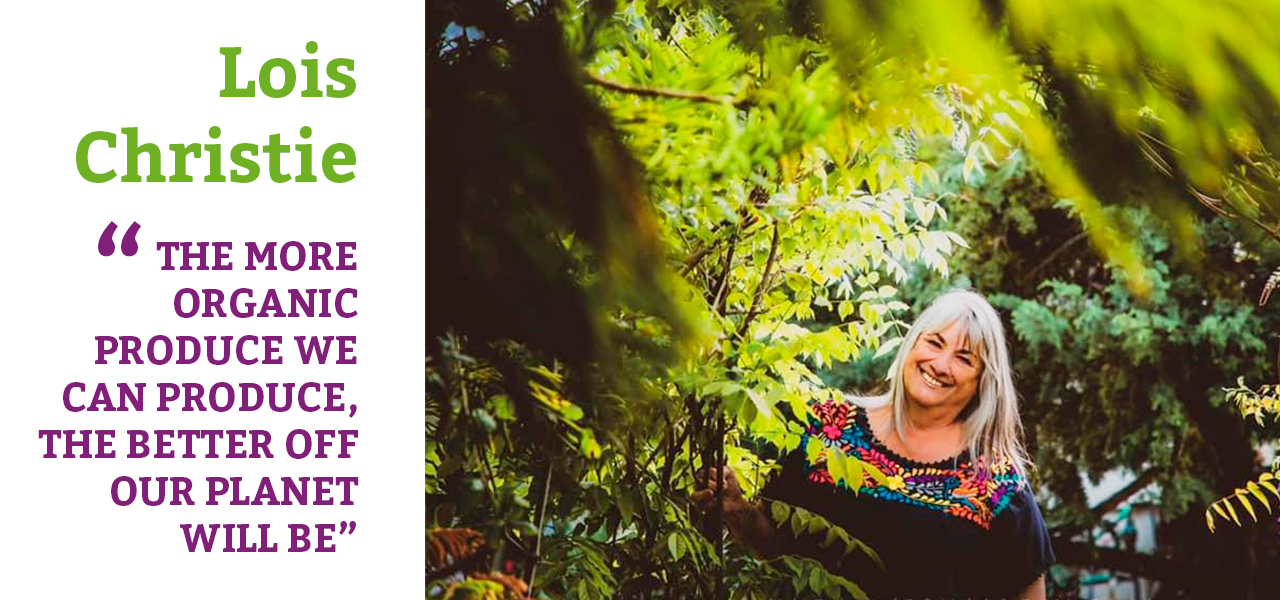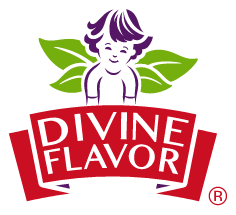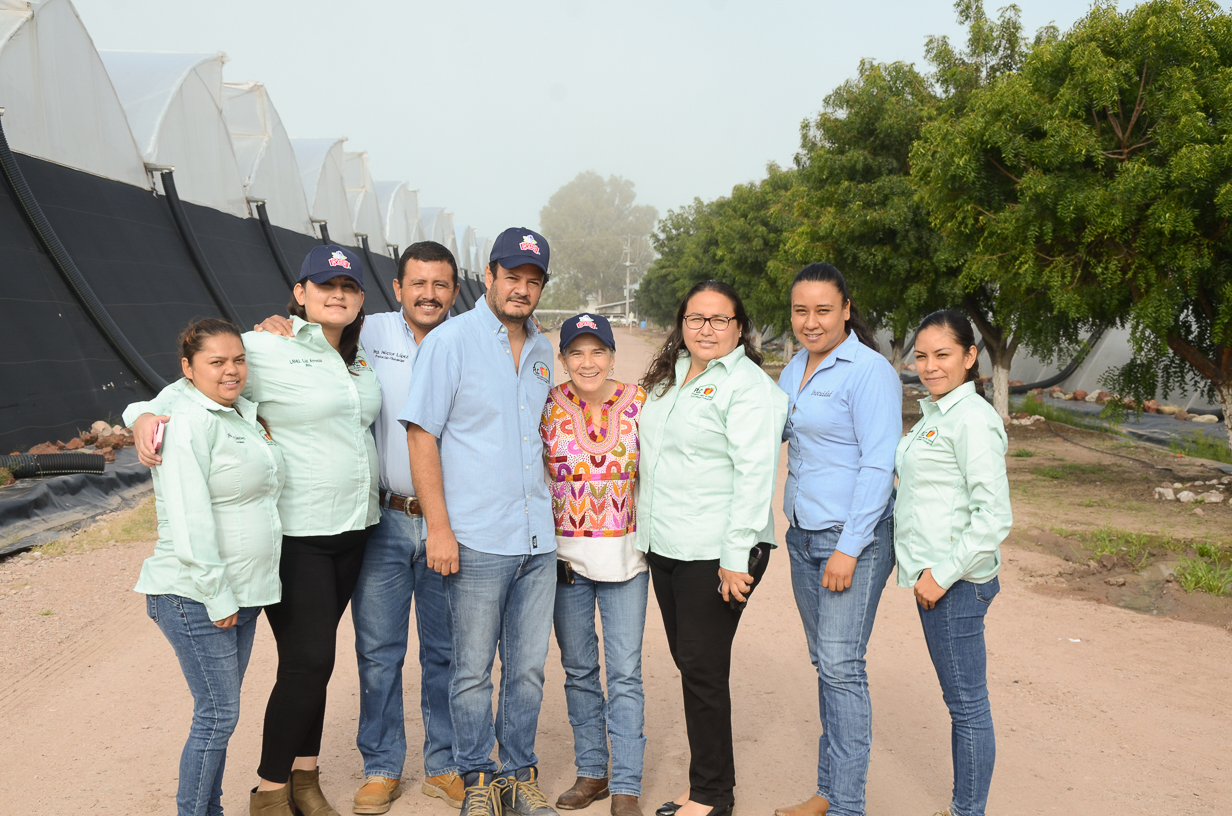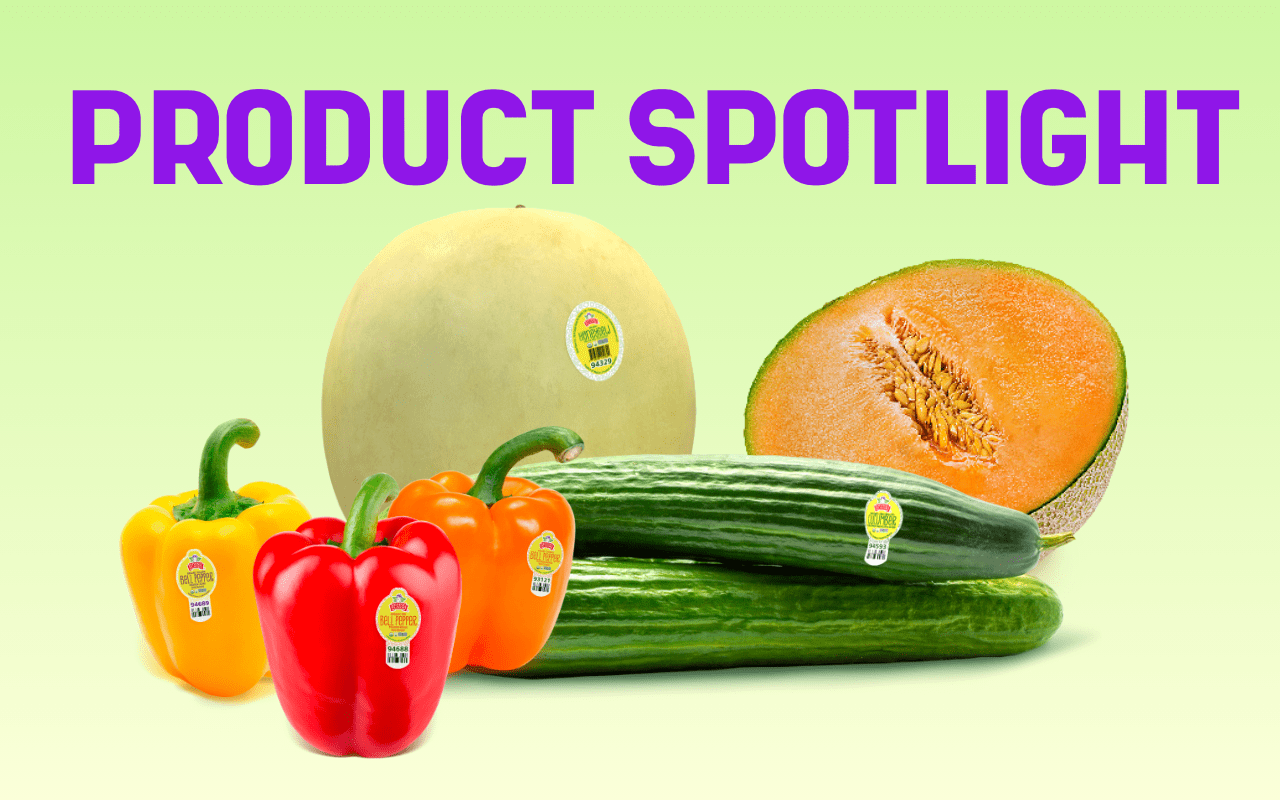Q&A with Lois Christie


Lois Christie is an organic consultant with over 15 years’ experience, which 9 of those years has been with Divine Flavor. Lois has been working in the agriculture business since 1989 and was one of the first organic farmers in Mexico at that time. Lois currently resides in San Diego, California and she serves as the board chair for the International Organic Inspection Association.
Last week, Divine Flavor sat down with Lois to discuss the topic of organics, from a grower’s perspective and also from the view point as an organic consultant.
Let’s take a look.
1.- WHAT IS THE DEFINITION OF ORGANIC?
Organic is a labeling term that indicates that the food or other agricultural product has been produced through approved methods. The organic standards describe the specific requirements that must be verified by a USDA-accredited certifying agent before products can be labeled USDA organic.
What is the consumer’s outlook?
For consumers, organic food is safer, more nutritious and free of chemical additives.Organic crops are grown without chemical pesticides and fertilizers; organic livestock are raised without antibiotics, growth hormones or other drugs (when livestock is present or applicable). Organic food is not genetically modified or irradiated.

2.- WHAT IS THE DIFFERENCE BETWEEN ORGANIC VS. CONVENTIONAL PRODUCE?
The essential difference between organic and conventional farming is that conventional farming relies on chemical intervention to fight pests and weeds and provide plant nutrition. Organic farming relies on natural principles like biodiversity and composting instead to produce healthy, abundant food.

3.- WHY DO CONSUMERS CHOOSE TO BUY MORE ORGANIC PRODUCTS? WHAT ARE THE BENEFITS FOR THEM AND IN THE LONG-TERM, HOW DOES THIS BENEFIT ORGANIC AGRICULTURE? HOW IS IT SAFER FOR YOU AND YOUR COMMUNITY?
* Healthy Soil and Water: Organic standards require a program of soil building, which protects against soil erosion and water pollution. A healthy soil promotes vigorous soil life that, in turn, breaks down minerals and makes a complex meal of nutrients available to growing plants. Synthetic fertilizers deliver the three primary nutrients needed for plant growth but leave out the diverse micronutrients that lead to plant vigor and health.
* No Sludge: Organic standards prohibit the use of sewage sludge as a fertilizer, instead relying on use of composted manure, crop residues, green manures, cover crops, and rock powders to provide needed nutrients to plants. US government regulations permit sludge to be used on conventional farms despite concerns about contamination by high levels of heavy minerals, dioxins and other chemicals from industrial and commercial sources.
* No Irradiation: Organic standards prohibit the use of ionizing radiation to preserve food. US government regulations allow irradiation of both produce and meat. Irradiation proponents argue that it extends shelf life and kills microbes, which may spoil food and cause human illness. Opponents argue that it also kills the enzymes, vitamins, and healthfulness of food. They suggest cleaning up the feedlots and industrial food processing operations as an alternative way of protecting the public from disease.
* No Pesticides: Organic standards prohibit the use of synthetic pesticides, exposure to which has been linked with a number of serious human diseases. US government regulations allow such pesticides, although setting limits for application rates in the field and residue levels on food.
4.- ARE CONSUMERS BUYING MORE ORGANIC PRODUCT? WHAT HAS THE TREND BEEN THE PAST FEW YEARS?
Organic purchases increase by about 6.3% per year; in 2018 sales reached 52. 5 billion; the numbers for 2019 have not yet been released.

5.- WHY SHOULD GROWERS DECIDE TO CONVERT MORE OF THEIR LAND INTO ORGANIC PRODUCTION?
* Workers are not exposed to toxic pesticides.
* Organic production improves biodiversity.

6.- TO BE A SUCCESSFUL ORGANIC PRODUCER, WHAT ARE THE TOP 3 THINGS TO ACCOMPLISH THIS?
* Change all previous notions that you have as a conventional farmer. This may not be an immediate process as it takes time to learn how to utilize organic systems.
* Biological pest control systems through biodiverse plantings. Bees, butterflies, beneficial insects.
* Putting the systems in place to be successful and NOT utilizing “replacement” inputs. This means that in order to be a successful organic producer you cannot use the same methods you used as a conventional producer. As a conventional producer you can immediately “zap” out any disease or pest problems. With organic production, most pest controls are repellants, which means you must have other systems in place before you have pest and disease issues.
7.- WHAT ARE THE MOST DIFFICULT TASK OF BEING AN ORGANIC GROWER?
* Learning how to implement organic methods and systems.
* Verifying that you only use pre-approved materials; this includes ensuring that no “trial” products are stored in your organic storage warehouse, unless they are on your approved material list.

8.- WHAT MAY PREVENT A GROWER FROM BECOMING AN ORGANIC FARMER? HOW DO THEY OVERCOME THIS?
* Land must be free of a prohibited material application for 3 years prior to eligibility for organic certification (this includes conventional fertilizers and treated seeds), even if you are growing in containers.
* Changing systems from conventional to organic (mentioned above).


9.- WHAT IMPACT DOES ORGANIC PRODUCTION HAVE ON SUSTAINABILITY?
Organic growers must implement biodiversity systems. The regulations do not list specific things that you must do, but there are many manuals and articles full of recommendations such as planting diverse crops (such as surrounding your fields with beneficial habitat, flowers, sorghum, etc.), recycling, high tech greenhouses can recycle and reutilize water in other ways (outside landscaping, etc.).
10.- WHAT DOES CHRISTIE ORGANICS CONSULTANTS DO TO HELP GROWERS STAY COMPLIANT WITH ORGANIC REGULATIONS?
* Evaluate your existing program: Christie Organic Consultants will endeavor to learn more about your operation’s specific needs in order to better serve you and to incorporate the organic program into your existing systems.
* Create your organic system plan for organic certification.
* Prepare new and/or adapt existing records, logs, and standard operating procedures (SOP’s), and traceability systems to ensure compliance with the organic regulations; both the USDA National Organic Program (NOP) and the Mexican Organic Regulations (Lineamientos).
* Pre-inspection audits
* Maintain your organic system plan updated with your certifier
* Attend annual inspections.
* Provide additional formal employee/manager trainings customized to your plan, or create a training program tailored for your employees.
* Respond to certifier compliance reports and action items, problem review letters and issues, positive residue reports.
* Facilitate mediations and settlements.

11.- SHOULD ORGANIC PRODUCE BE THE PRODUCE OF THE FUTURE? WHY?
We have seen the considerable changes caused by COVID 19 – Blue skies in China, Venice canals are clear for the first time in years, porpoises have come back to the coast of Spain. The more organic produce we can produce, the better off our planet will be, especially in terms of less toxicity from not using pesticides and conventional fertilizers.
For more information or to contact Christie Organic Consulting:

For more information, please contact:
Michael DuPuis
Public Relations Coordinator
+1 (520)-281-8328
mdupuis@divineflavor.com









